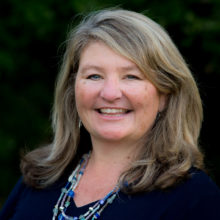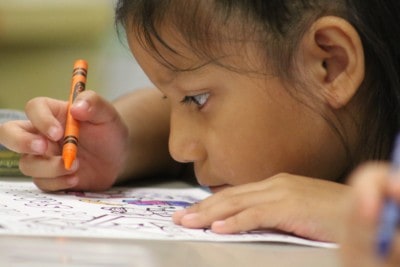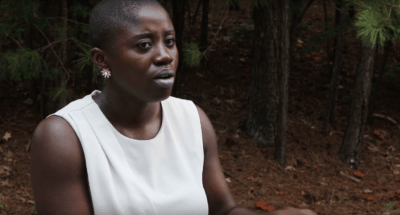

The following is Mary Ann Wolf’s “Final Word” from the Oct. 10, 2020 broadcast of Education Matters — “Color of Education Summit-Part 2.”
I have had many conversations over the past week and, quite frankly, over the past many years about what it will really take to address the opportunity gap and to achieve equity for all of our students. I have also watched so many district and school leaders and communities wrestle with this same question. What we know is that all too often we come up short, or we make a lot of efforts that do not lead to immediate or long-term changes in our schools.
As we continue our month-long focus on educational equity, our guests on Education Matters last week remind us both of the history and present-day context that we must acknowledge and embrace when thinking about solutions that result in true equity. They also remind us of the efforts that are currently in motion that are making a difference for some students.
We heard from Dr. Sandy Darity, whose research focuses on inequality by race, class, and ethnicity — as well as the racial wealth gap, which in the United States, continues to widen. Between 1983 and 2013 white households saw their wealth increased by 14%, while black household wealth declined by 75% and the median Hispanic household wealth declined by 50%.
Dr. Darity’s research exposes just how systematic inequality persists in the form of housing discrimination, unequal education, police brutality, mass incarceration, employment discrimination, and massive wealth and opportunity gaps — all barriers to eliminating the student achievement gap that we must collectively address before we can hope for equity in our schools.
We heard from Shannon Bowman, a middle school educator in Wake County who has supported teachers to leverage their advisory periods and leadership focus to empower students with skills to grow in their social and emotional learning and address their learning differences.
With her guidance, students are learning to develop their own voices and understand what it is they need to succeed. Bettina Umstead, chair of the Durham Public Schools Board of Education, shared the specific steps educators, administrators, and the community are taking in Durham to address equity in meaningful and sustainable ways.
Our month-long Color of Education Summit is providing us with the time and space to hear and face data and facts that are not necessarily widely known or internalized as a critical part of our work. Wealth and health disparities that we are learning about must be part of how we address equity in our schools because they affect our families and students every day.
I am reminded by the importance of our efforts, but also of the complexity with which we will need to address equity. While not comprehensive, we must consider the following:
- How do we address systemic racism in our schools and our communities? Developing racial literacy and a deep understanding of past and present structural racism and how it impacts educational equity and opportunity has to be a part of our framework for all of us in the field of education- and we must take steps to redress inequities in and outside of schools.
- How do we create a culture that supports the whole child, which is the academic, social, and emotional learning for each and every student? We must also learn and be committed to understanding adverse childhood experiences (or ACEs) and the trauma-informed practices that support a school’s culture and interactions.
- How do we develop instructional approaches and learning opportunities that are strengths-based and culturally responsive and that allow students to show what they know in different ways? Instruction must empower and inspire students and maintain high expectations for every child.
- How do we change the systems that create and maintain barriers to equity? We must: Revamp school finance systems that result in inequitable resources across schools and districts; Ensure that all students have access to challenging, engaging curricula; Revise accountability models that penalize schools and students with fewer resources and opportunities, and instead provide them with adequate and equitable support; Provide opportunities for students to focus on their interests, to engage in meaningful, project-based learning experiences that will help them grow the range of skills they need.
This October, the Public School Forum’s Color of Education Summit and our speakers on last week’s show have impressed upon me that addressing equity in education is both complex and urgent.
We must also remember that this cannot be done by the schools alone, that much of what needs to change must also be done by communities who are willing to confront the systemic racism that can be found in all aspects of our daily living. However, I can once again find hope in the potential that we can finally make a real difference for all students, especially students of color.




